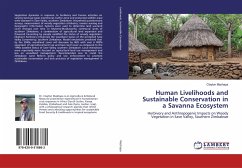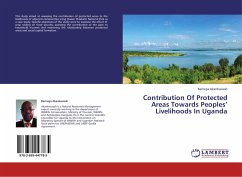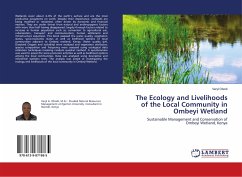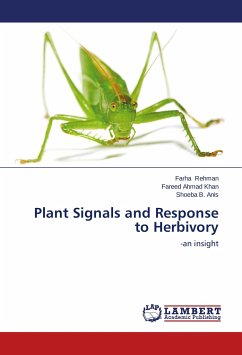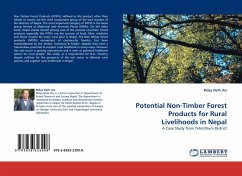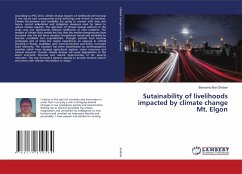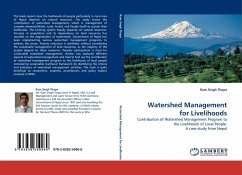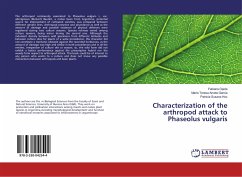Vegetation dynamics in response to herbivory and human activities on varying land-use types (communal, buffer zone and protected wildlife area) were assessed in Save Valley, southern Zimbabwe. Household questionnaire surveys, measurement of woody vegetation attributes, remote sensing and Geographic Information Systems were used to determine land use-land cover changes over time. In Mutema-Musikavanhu communal lands of southern Zimbabwe, a combination of agricultural land expansion and firewood harvesting by people modified the status of woody vegetation. Elephant herbivory influenced the woodland status of the protected Save Valley Conservancy, southern Zimbabwe. Model simulations predicted that by the 2040s, woodland cover will decrease by 46% with over 6 000% expansion of agricultural land use and bare land cover as compared to the 1990s baseline status of Save Valley, southern Zimbabwe. Local institutions were reportedly more focused on agricultural land use management and less on woodland management. Recommended was to revisit the Zimbabwe Land Reform policy and law enforcement to promote sustainable conservation and best practices of vegetation management in Zimbabwe.

